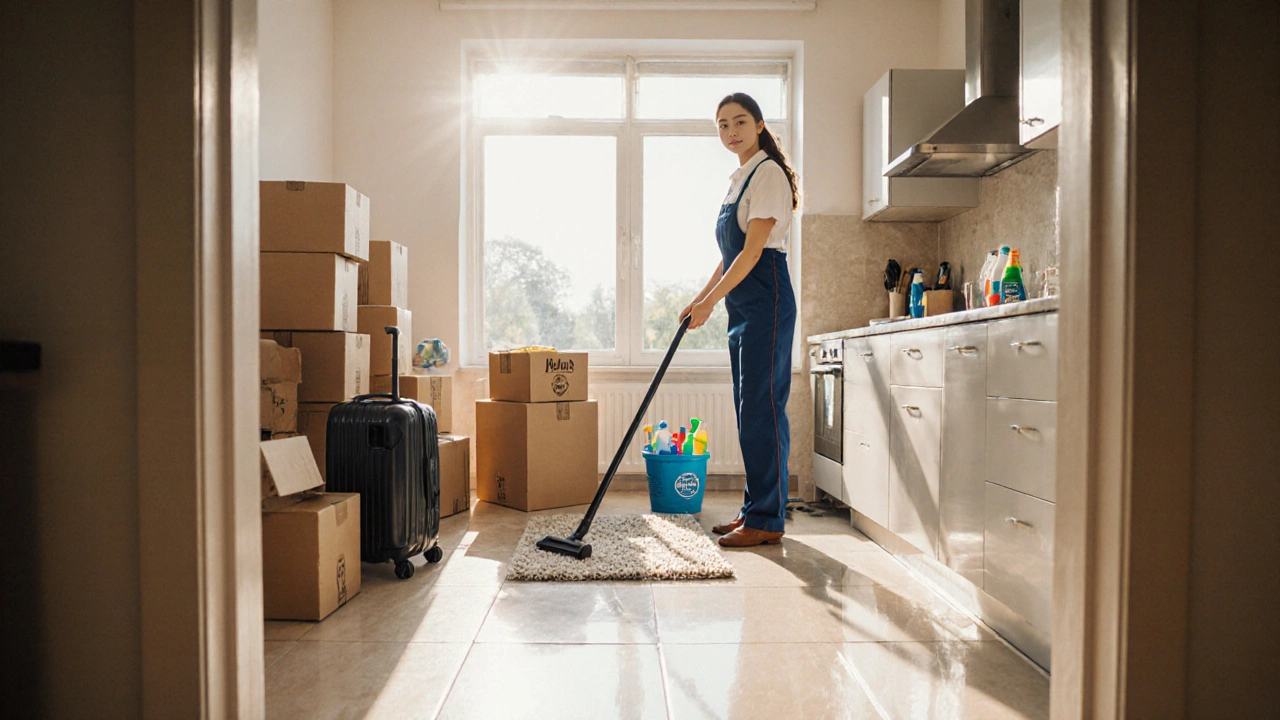Tax Write Off Cleaning: How to Turn Cleaning Costs into Tax Savings
When working with tax write off cleaning, the practice of claiming cleaning costs as deductible business expenses under UK tax law. Also known as cleaning expense deduction, it lets you lower your taxable profit by recording legitimate cleaning services, professional or DIY cleaning tasks performed for a business or home‑office setup as part of your business expenses, any cost incurred to keep your work environment functional and presentable. The rules are set by HMRC, the UK tax authority that defines what counts as an allowable expense, and they influence which cleaning activities you can actually claim.
The first step is to identify which cleaning tasks meet the eligibility criteria. Routine office cleaning, carpet shampooing, and window washing for a rented commercial space are classic examples. Even deep‑cleaning services for a home office can qualify if the space is used exclusively for work and you can prove the cost is “wholly and exclusively” for business purposes. Tax deduction for cleaning hinges on two main attributes: relevance to the business and proper documentation. Keep invoices, receipts, and a brief note about why the service was needed – that paperwork is the bridge between a tidy office and a lower tax bill.
Key Factors That Influence Your Claim
Documentation is only part of the picture. HMRC also looks at the proportion of the space you’re cleaning. If you share a kitchen or bathroom with personal use, you must apportion the cost based on the percentage of business use. For example, a 30% business share of a communal office area means you can claim 30% of the cleaning bill. Another factor is the type of cleaning product used. Eco‑friendly detergents are encouraged, but they don’t affect tax eligibility – the cost still counts as long as it’s tied to a qualified service. Finally, timing matters: expenses must be recorded in the tax year they’re incurred, and you can’t carry them over to a later year.
When you combine these elements – eligible cleaning services, accurate expense categorisation, and HMRC‑approved documentation – you create a solid tax write off cleaning strategy. This strategy works for small freelancers, medium‑sized firms, and large corporations alike. The benefit isn’t just a lower tax bill; it also encourages regular upkeep, which can improve employee morale and client impressions. In practice, many businesses see a 5‑10% reduction in their overall tax liability simply by claiming routine cleaning costs they previously ignored.
Below you’ll find a curated collection of articles that walk you through every part of the process. From choosing the right pre‑wash spray for a pressure‑washing job to understanding how eco‑friendly cleaning ties into tax rules, the posts cover tools, methods, and real‑world examples. Dive in to see step‑by‑step guides, cost breakdowns, and checklists that will help you claim your cleaning expenses confidently and stay on the right side of HMRC.

Can You Write Off a Cleaning Lady? Tax Guide for End‑of‑Tenancy Cleaning
Learn when and how you can claim a cleaning lady's fee as a tax‑deductible expense for end‑of‑tenancy cleaning, with step‑by‑step instructions and real‑world examples.
Read More